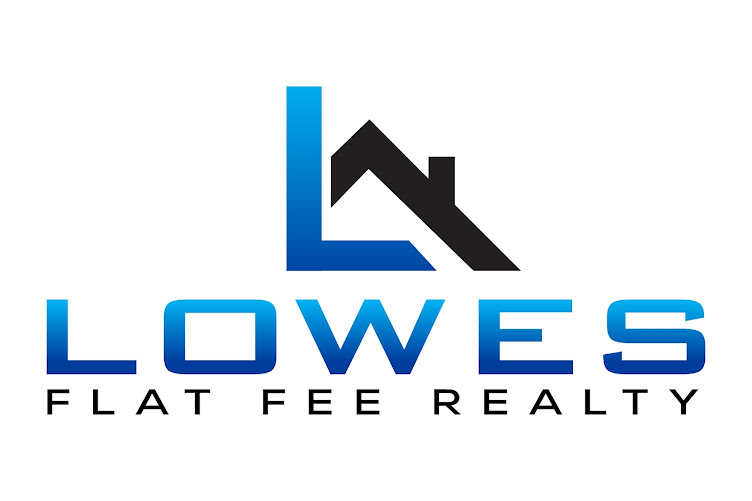Read on for a great overview of the importance of home ownership in connection with the other investment options.
"Our investment consulting practice allows us the privilege of rendering advice beyond the traditional realm of stocks and bonds, mutual funds, retirement and education planning, and regular saving and investing. That includes ownership in productive real estate, and for most people starting out, that means a home.
The home offers a good chance for price appreciation. A balance between liquid assets like equities, fixed income securities and cash can complement less-liquid assets like a primary residence, business or commercial property.
My daughter and her fiance plan to marry this fall, and the topic of future home ownership has come up recently. The couple participates in a 401(k) plan at work, and both contribute enough to receive the employer matching contribution. Their next investment, in addition to after-tax savings, could be a home. From a planning perspective, we balance the expense of home ownership with other goals such as education funding, retirement, travel and ongoing cash needs.
First and foremost, a strategy to own the home outright, with a zero mortgage balance at retirement, is essential.
The planning process is the starting point for balancing multiple financial goals by illustrating the tradeoffs and demands on a finite amount of after-tax cash flow. The ability to prioritize and set realistic expectations about what is possible is a critical element of planning. Retire early or accept normal retirement age? Send kids to a private university or state school? Fund annual vacations or accept less frequent holiday travel?
When contemplating the purchase of a home, financial responsibility must be considered. This would include the ability to pay off not only mortgage interest and principal but also property taxes and homeowners insurance.
Ongoing maintenance and repairs will be required to keep the property in top condition, maintain value and allow possible resale. Selling does not always occur at the ideal time, especially when market conditions are depressed. Renting can make more sense if the job market is unstable or if relocation will be needed to obtain employment or remain employed. Various calculators are available to compare the cost of owning versus renting, and these should be used before making a decision.
Home ownership, loan qualifications and borrowing standards have changed dramatically since the credit crisis of 2008. Mortgage rates are low by historical measure, and down payments in the low-single-digit percentages are common. But even low interest rates compound over time, adding to the total cost of owning and buying a home. Record foreclosures after 2008 remind us that debt and leverage should be used wisely when economic conditions turn down.
The American dream remains the possibility of home ownership. Young people with wage income and clean credit history are qualifying like never before. Our advice is to take your time, plan carefully, consider the risk, don’t over-borrow, and be patient when considering this important financial decision."

No comments:
Post a Comment